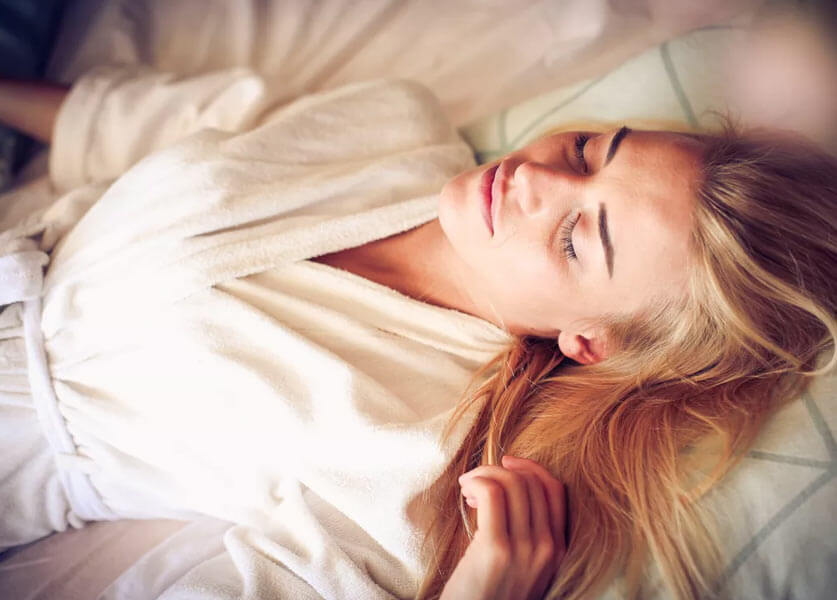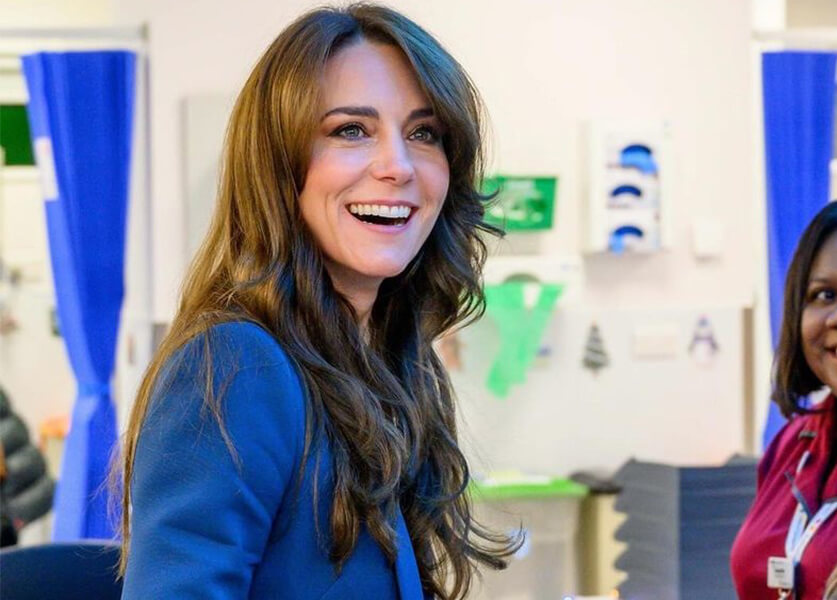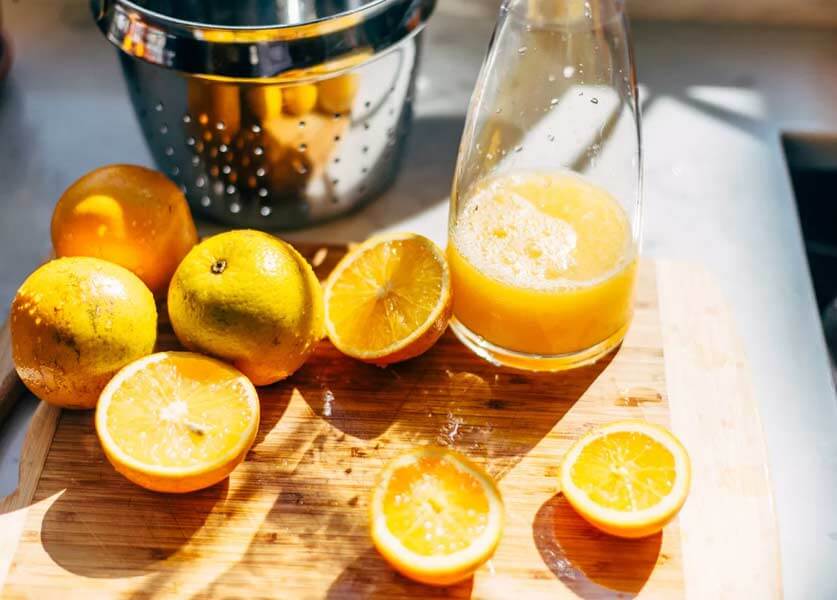LIFESTYLE
Is the '10-3-2-1-0' method the secret for falling asleep easily?
Lena Couffin - madame figaro
15-November-2023

Developed by a Canadian self-help author, this method claims to aid in falling asleep by following five pre-bedtime rules. But how effective are they really?
While some may boast of never having had any sleep issues, for others, achieving a good night's sleep every evening is fraught with challenges. In a September 2022 article, the British newspaper The Independent suggested those struggling with sleep try the '10-3-2-1-0' method, created in 2016 by Canadian coach and self-help author Craig Ballentyne. Jess Antrade, an American pediatrician, even promoted this sleep aid on Instagram. The promise? To ease falling asleep and even prevent nighttime awakenings.
Five Simple Tips
The '10-3-2-1-0' method consists of five straightforward tips. The first four are to be followed before bedtime. The '10' represents the number of hours before going to bed during which one should not consume caffeine. The '3' indicates the number of hours before sleep during which one should not eat or drink alcohol. The '2' is the number of hours before bed during which all work should be avoided, the '1' is for the hour before bedtime during which one should disconnect from screens, and '0' represents the number of times one should hit the snooze button in the morning.
Is this a miracle cure for insomniacs? Although the method isn't groundbreaking, it does contain medical truths, comments Patrick Lemoine, a psychiatrist specializing in sleep. The first tip is logical: caffeine can prevent sleep due to its long-lasting stimulating effect. 'In an adult, caffeine has effects throughout the day, and we can even experience a peak up to ten hours after consumption,' the doctor explains. Therefore, if one plans to go to bed at 11 PM, it's best to stop drinking coffee after 1 PM. This advice becomes even more crucial as we age, since our bodies slow down in eliminating caffeine. 'From the age of 60, I advise my patients to only drink coffee in the morning,' notes Patrick Lemoine.
Avoiding Nighttime Disruptors
Eating too late can also disrupt our sleep due to the digestive process. In case of insomnia, even the dinner menu should be adjusted: 'It's better to eat complex carbohydrates like pasta or rice, as simple sugars can cause nighttime hypoglycemia, which can wake us up,' the specialist warns. He also recommends eating small quantities and avoiding 'heavy' foods like sauces, meats, and charcuterie. Alcohol should also be avoided before bedtime. “Even though alcohol has the same mechanism as a sleeping pill and can induce sleep,' the psychiatrist explains, 'it deteriorates the quality of sleep, causes sleep apnea, and leads to dehydration, which can result in waking up during the night.”
Zero Stimulation and No Snoozing
According to the '10-3-2-1-0' method, one should stop working two hours before going to sleep. This is a minimum, according to Patrick Lemoine. 'Checking emails in the evening disrupts the falling asleep phase, as there isn't enough time to process any potentially distressing content before bed. This can disturb our onset of sleep,' he explains. It’s better to distance oneself from these stimulations after dinner, just as one should avoid exercise sessions or horror movies, as they cause too much excitement.
The final tip for improving sleep quality concerns the alarm clock. For our well-being, we should break the harmful habit of hitting the snooze button and delaying getting up by a few minutes. The psychiatrist validates this advice: 'If we wake up and then go back to sleep for ten minutes, we enter a phase of REM sleep which is not restful.' Setting a regular wake-up time and sticking to it, even on weekends, is crucial when suffering from sleep problems.
In conclusion? While everyone has their own rituals for falling asleep despite difficulties, the '10-3-2-1-0' method has the merit of reminding us of the essential rules for good sleep hygiene. These should be applied before resorting to sleeping pills.








